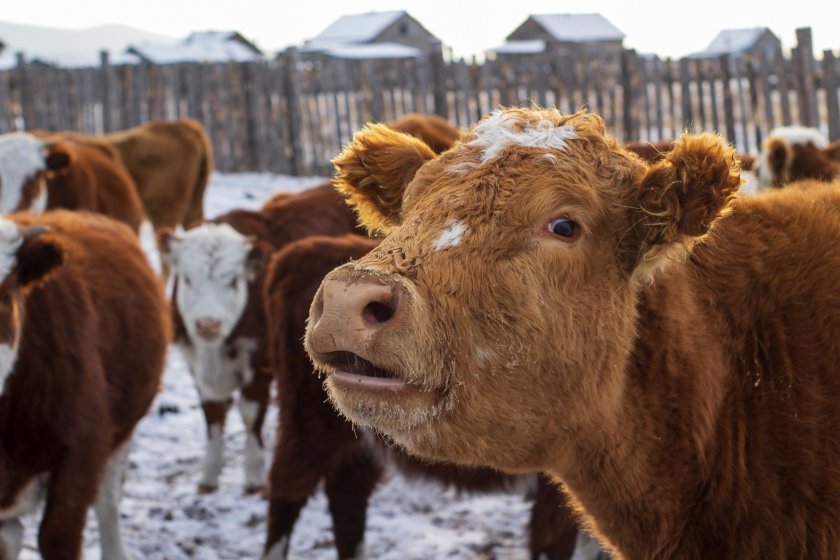
Canadian cattle organisations have launched a campaign seeking to delay the UK's acceptance into the CPTPP amid a disagreement in food standards.
The Canadian Cattle Association, Canadian Meat Council, and National Cattle Feeders’ Association's 'Say No to A Bad Deal' campaign urges a 'fair deal' between the UK and Canada.
According to the industry groups, Canadian meat, which can be produced with the use of growth hormones, is 'severely disadvantaged' in the interim agreement with the UK.
Technical, non-tariff trade barriers have resulted in Canada being unable to access the UK market, while the UK has 'enjoyed unfettered access' into the Canadian market.
The main obstacle is the UK’s full acceptance of Canada’s food safety system, according to the groups, which they say is "widely recognised as a leading set of standards in the world."
The UK currently has a ban on the use of growth hormones due to public health concerns.
Earlier this year, the UK signed an agreement to join the Comprehensive Progressive Agreement for Trans-Pacific Partnership (CPTPP), a trade pact which includes Canada and several countries in Asia and the Pacific.
The Canadian meat groups said in a statement: "The CPTPP has been an excellent agreement thus far with the initial participants implementing a high standard for trade liberalisation and science-based rules.
"The Canadian beef and pork industry believes that an agreement with the UK that leaves a significant barrier in place and politicises food safety decisions, and in doing so does not meet the standard of the CPTPP.
"Therefore, the UK’s bid to become a member should be delayed until they can do better to meet the progressive trade principles of the CPTPP.
"Failure to address these unfair barriers set a terrible precedent for trade policy and will hurt Canadian farmers, ranchers, processors, and rural communities across Canada."
Responding to the UK's accession into the CPTPP, NFU President Minette Batters said that it was 'an absolute red line' for food produced to lower standards to be imported into the UK.
Compared to the deals struck with Australia and New Zealand, she said the government had negotiated 'a far more considered and balanced outcome'.
"The use of hormones in beef and pork production and chemical washes for carcases – should not be allowed on our market," she said earlier this year.
"I will continue to press government to ensure its domestic policies are aimed at improving the competitiveness of British farming and strengthening our domestic food security."
